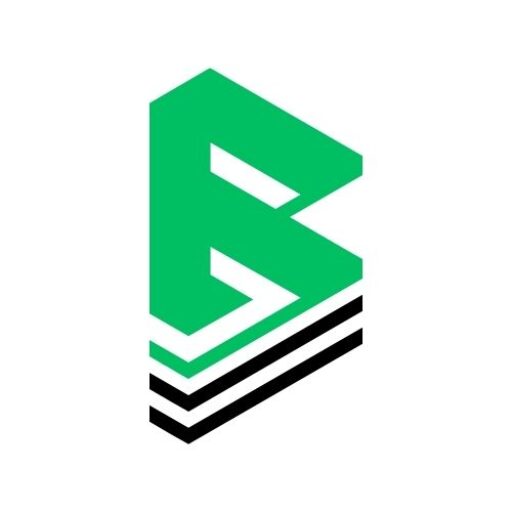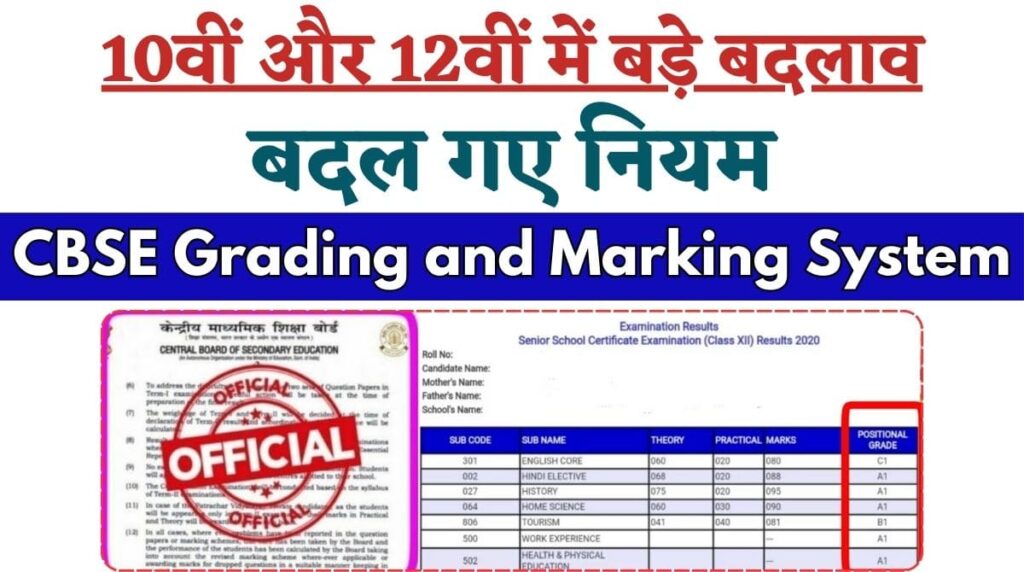CBSE Grading and Marking System 2024: The Central Board of Secondary Education (CBSE) has proposed strategic changes in the educational sequence for classes 9 to 12. With CBSE Board Exams 2024 set to begin on February 15, the following are some of the major changes in the credit system by the board
The Central Board of Secondary Education (CBSE) intends to make some changes in the educational structure for students of classes 9 to 12. These changes coincide with the National Education Policy (NEP) 2020. The Board aims to introduce several amendments to the credit system as outlined in the draft guidelines. These amendments include adjustments in compulsory subjects, increased instructional hours, and others.
What is this credit system?
Criticization aims to create an educational parity between vocational and general education, thereby allowing smooth transition between these two educational systems, as presented in the Policy 2020. To implement this, the University Grants Commission, the governing body for higher education, introduced the National Credit Framework (NCRF) in 2022.
What is National Credit System
NCrF is a rich credit system aimed at embedding training and skill development into school and higher education curricula. Under this framework, Class 9 students are required to have a specified number of credits to advance to Class 10. Over time, students accumulate credits that make them eligible for admission to graduate programs at universities. These earned credits are stored securely in the Educational Credit Bank and can be accessed through a linked Digi Locker account.
The NCRF guidelines for schools emphasize the development of cultural understanding and critical skills among students. In this approach, school education is envisioned as a coherent, multi-school initiative, being integral to the spirit of the nation. This approach aims to develop capabilities to meet the challenges of the 21st century, as detailed in the proposal.
Sell 50 rs Old Note Online 2024: मौका है लपट लो! ₹50 का यह नोट- बेचें ₹4 लाख में
$1500 + Extra $300 OAS Payments For Seniors 2024: Now Check Eligibility, Deposit Dates & Facts
CTET July 2024 Exam City Slip: Check Exam Date {7 July}, Admit Card Download LINK, @ctet.nic.in
What are the features of the National Credit System
Credits: Each subject will be allotted a specific number of credits, determined based on the time required to learn it. A full academic year will result in 1,200 notional learning hours, which will be considered equivalent to 40 credits.
Learning hours: Notional learning hours represent the time required for an average student to acquire education for a subject. It includes both in-classroom and outside-classroom learning. Simply put, each subject is assigned a fixed number of hours, ensuring that a student dedicates a total of 1,200 learning hours in a year to achieve a ‘pass’ status.
Grading: Despite the transition to a credit-based system, students will still receive grades from A1 to E. However, these grades will be based on their relative performance in the classroom and not on their scores. For example, students in the top one-eighth of the range will receive an A1 grade, followed by the next one-eighth will receive an A2 grade, and so on.
Flexibility: The credit system will provide students with greater flexibility in selecting their subjects and managing their studies. They will have the option to take more subjects than are currently allowed and repeat the subjects if necessary.
Holistic Development: The credit system will give greater emphasis to holistic development by including credit for ethical activities such as sports, arts and community service.
Changes in the credit system of class 9th
Here is a presentation of some of the major changes in the CBSE Class 9 credit system:
Enhanced passing subjects: Under the current scheme, students of classes 9 to 10 have to pass five subjects (2 languages and 3 subjects) to pass. However, under the proposed guidelines, students will have to pass in 3 languages, including at least two Indian languages, and a total of 7 subjects. To pass in each of the 10 subjects, it is necessary to pass in each subject.
The seven subjects include: mathematics and computational thinking, social sciences, science, arts education, physical education and wellness, vocational education, and interdisciplinary areas.
Increased learning hours: The board has proposed to increase the total learning hours to 1,200 hours as against 1,050 hours in the earlier scheme. Specifically, 120 hours each for interdisciplinary areas such as languages and environmental education, 150 hours each for mathematics and computational thinking, social sciences, science, and business education, and 60 hours each for arts education and physical education and wellness. Allocation has been done. Students who pass 10 subjects in classes 9 and 10 will get 40 credits.
Proposed changes in the class 11 and 12 credit system
For Class 11 and 12 students, it is mandatory to study and pass 6 subjects with 2 languages and 4 subjects to obtain 40 credits. Of these, 180 learning hours are allotted for 2 languages, one of which is an Indian native language, and 210 hours for the remaining 4 subjects. Students passing in 7 subjects will get 47 credits. The fifth subject is considered optional.
Students will be graded in each academic subject, with grades ranging from A1 to D2 awarded to students who pass. Students who receive E grade will be placed under “Required Repetition”.
DA Hike Update May 2024: कर्मचारियों की लग गई लॉटरी, 50% DA के बाद इन भत्तों में बढ़ोतरी
Sell 5 rs Old Note Online 2024 ₹5 के Tractor वाला नोट, यहाँ बेचे लाखों पाएं
$1200 Stimulus Checks May 2024 Eligibility, Payment Dates & Balance Sheet
Vidyadhan Scholarship 2024: सभी को मिलेगी 60 हजार की स्कालरशिप, आवेदन की अंतिम तिथि 15 जून, 2024

